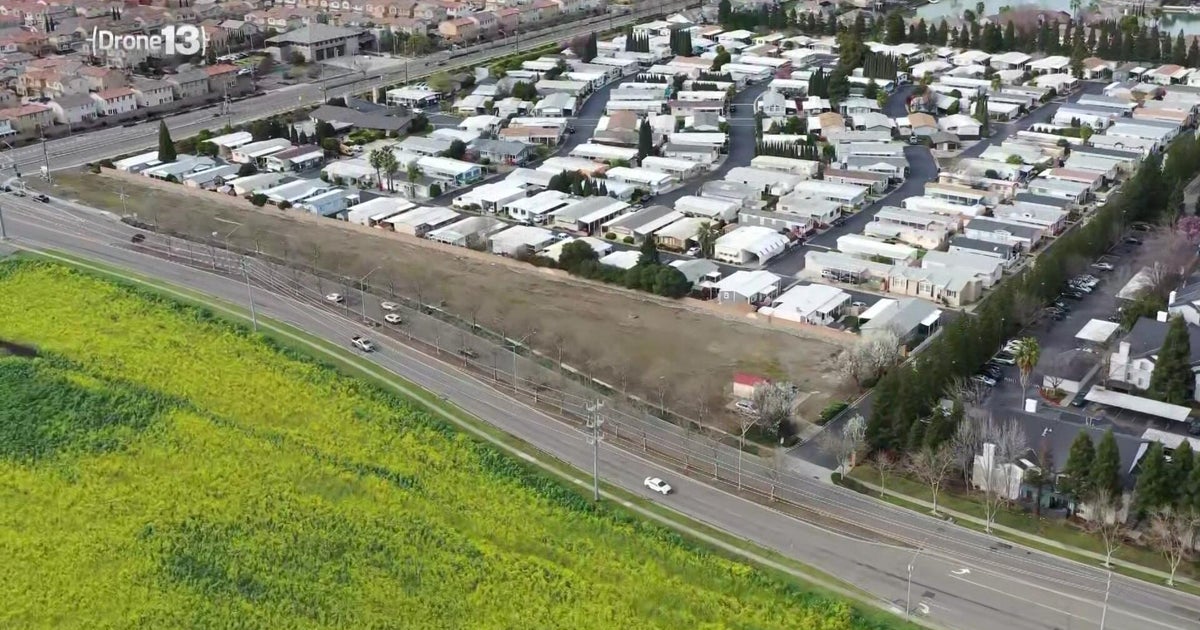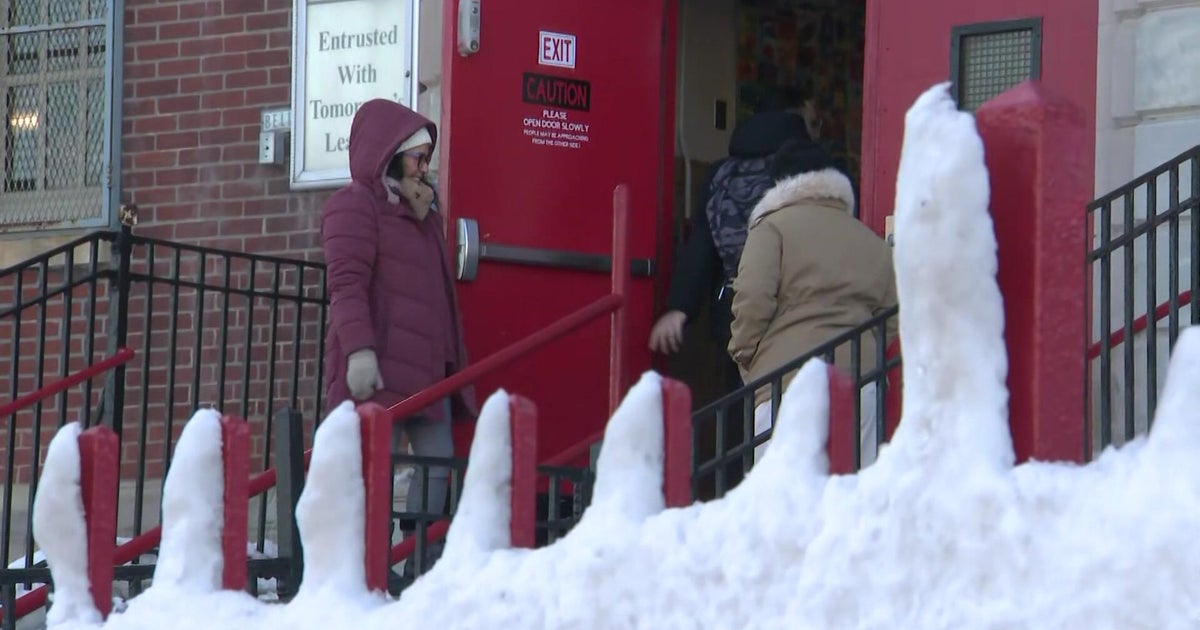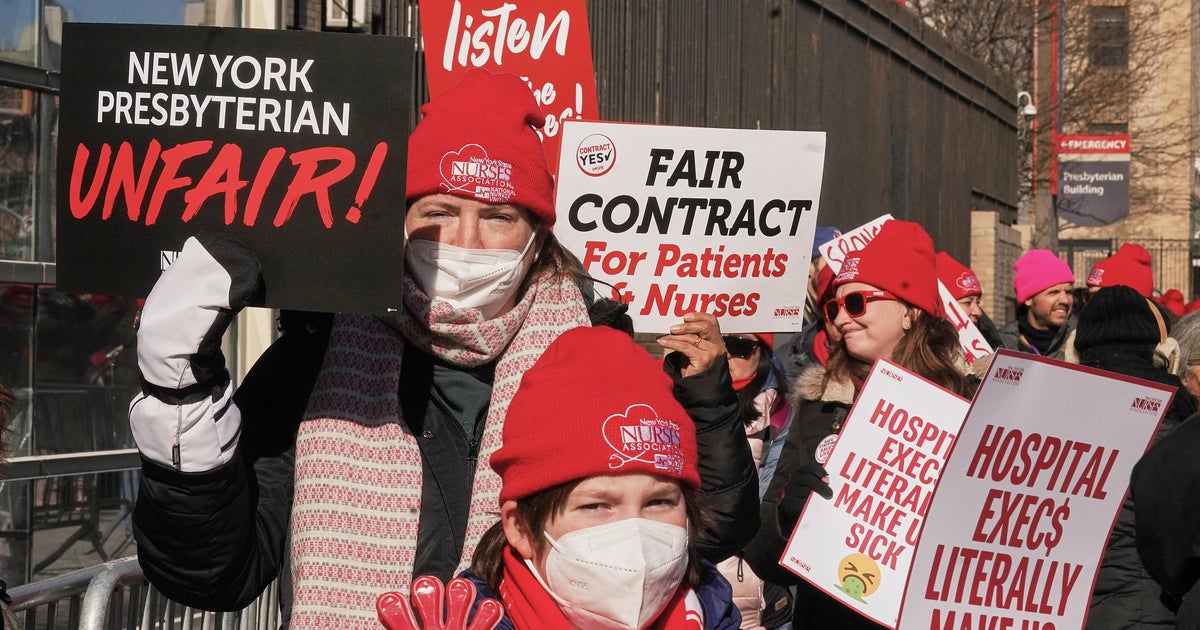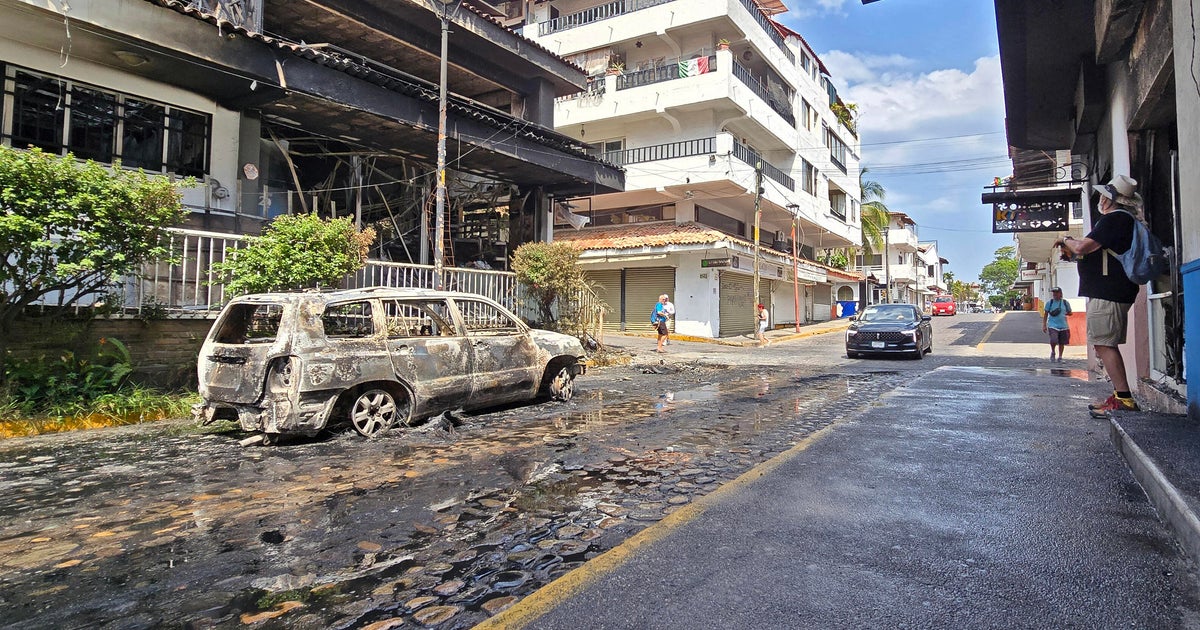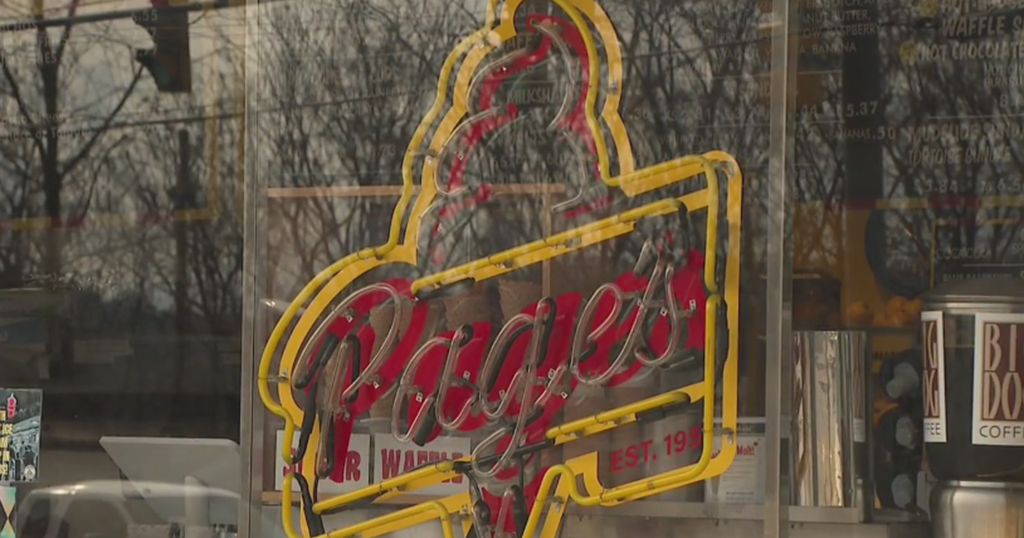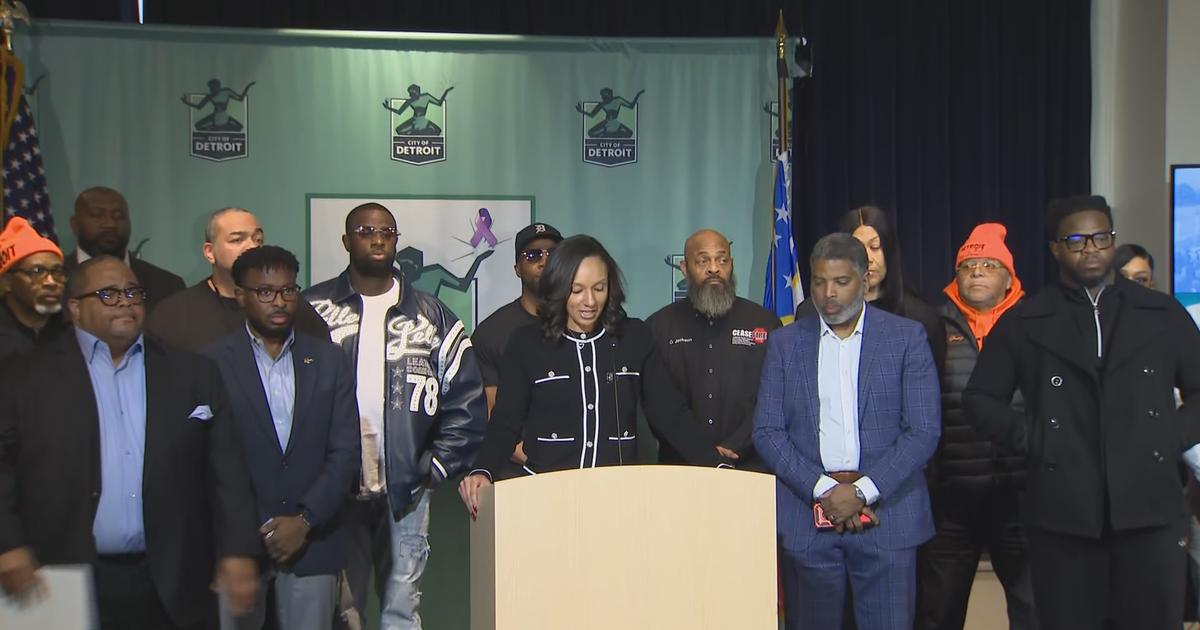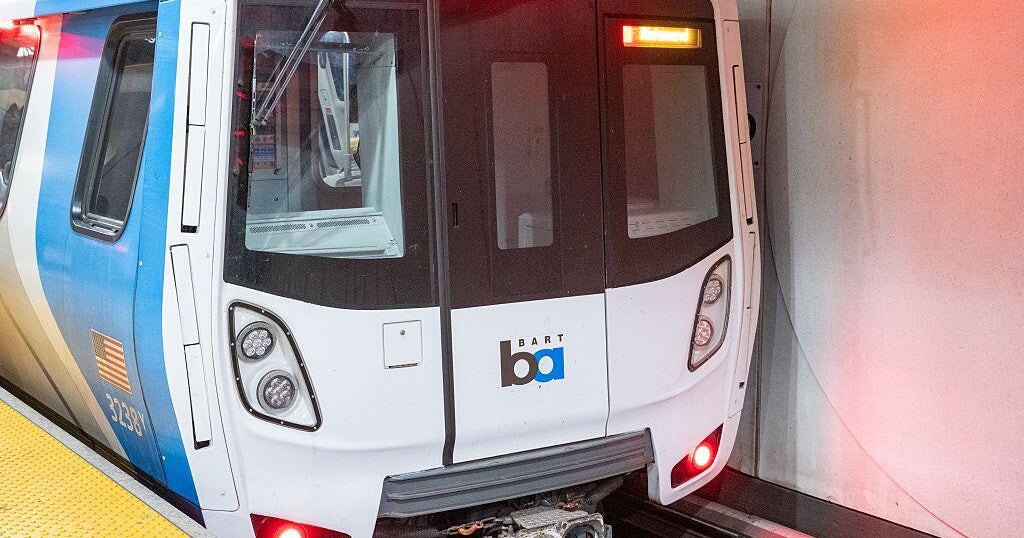McCray Announces Plan For Communities To Step Up For Mentally Ill
NEW YORK (CBSNewYork) -- New York City First Lady Chirlane McCray on Friday announced a new program to provide mental health care for thousands of New Yorkers.
As CBS2 Political Reporter Marcia Kramer reported, McCray said the program will reduce random street violence and ultimately make the city safer.
You do not have to go far to find someone with mental health issues on the streets of New York. Sonia Gonzalez, a homeless hoarder who moved her block-long caravan of rusted and broken-down carts from one Hell's Kitchen spot to another, is just the latest example.
"I sleep anywhere, because I got a big problem," Gonzalez said. "Someone wants to kill me."
But while Gonzalez was considered a menace to local residents as she screamed and blocked traffic and business entrances, untreated mental illness can have far more severe consequences, Kramer reported.
James Patrick Dillon, 23, was suffering from psychiatric problems when he allegedly rampaged through Astoria, Queens this past Sunday.
Police alleged Dillon slashed a woman in the face, stabbed and killed a liquor store owner, and stabbed a homeless man and tried to light him on fire.
Dillon hen allegedly threw a flammable liquid at the hands of the police officers who caught up to him, prompting the officers to shoot and wound him.
McCray said intervention is needed for those with mental health problems.
"We didn't get into this situation overnight, so we're not going to get out of it overnight," she said.
McCray announced the selection of 14 community-based organizations to expand mental health services to some 40,000 New Yorkers over the next five years.
She said it will go a long way to make the streets safer.
"If we can prevent mental illness from spiraling into more serious mental illness, it's going to have a huge effect on public safety," McCray said.
Like her husband, Mayor Bill de Blasio, McCray blamed the current problems in the city on the state's decision to deinstitutionalize mental patients and close hospitals such as Creedmore in the 1970s and '80s.
"We were betrayed," McCray said.
But McCray does not want to reopen large mental health institutions. She favors neighborhood clinics.
"Places like hospitals are not ideal as a long-term solution," she said.
McCray also expressed great sympathy for Gonzalez, whose possessions were confiscated by the Department of Sanitation after her story became public. Gonzalez had been was featured on the cover of the New York Post,
"It really was heartbreaking to see those photos," McCray said. "These are the kinds of stories that actually reinforce the stigma."
The first lady said she working to end the stigma of mental health issues, which she said affect one in every five New Yorkers.
The announcement Friday was just one part of McCray's $850 million ThriveNYCmental health plan.
